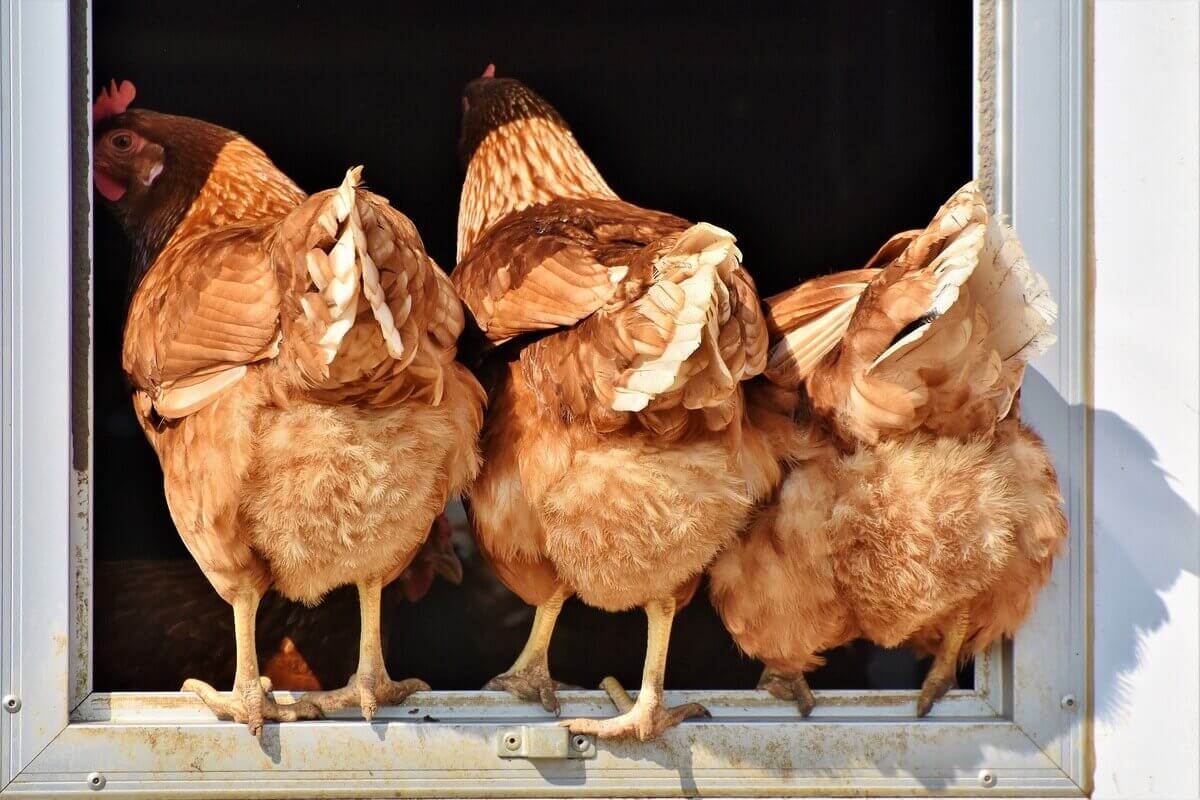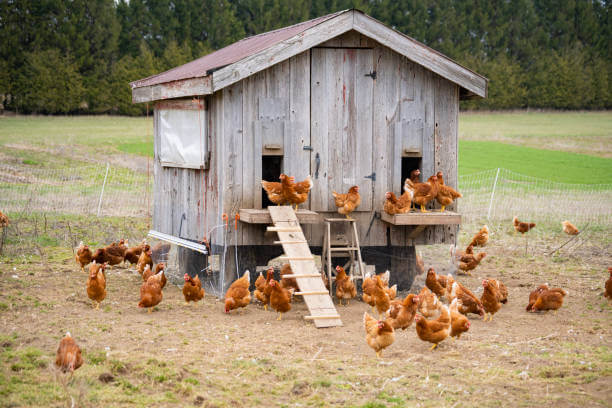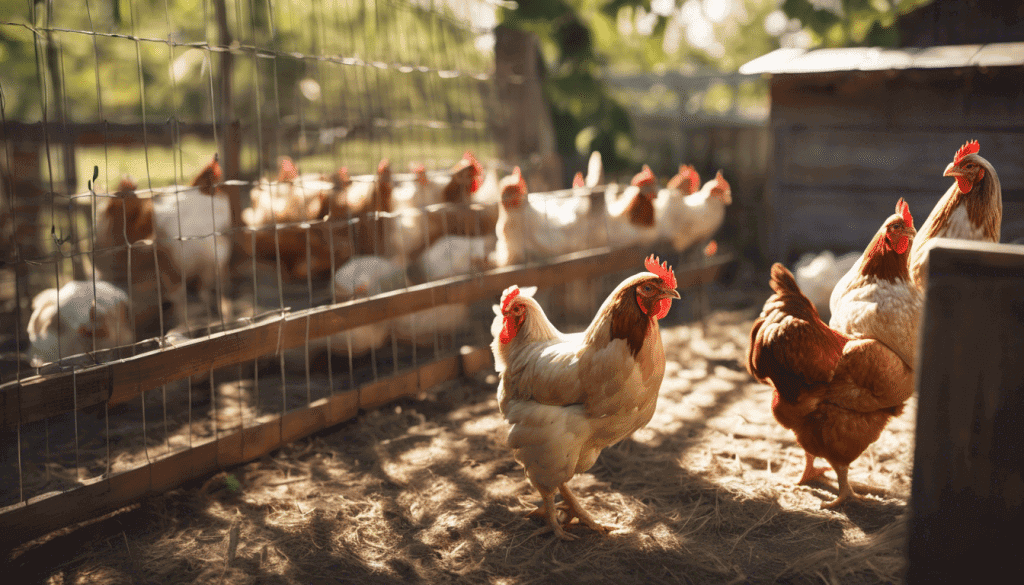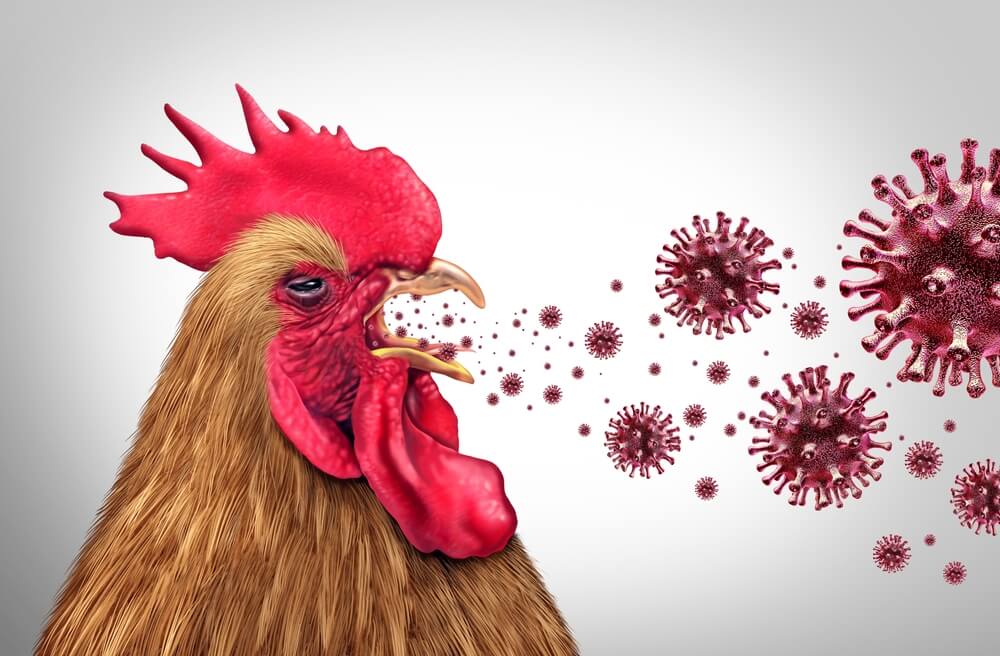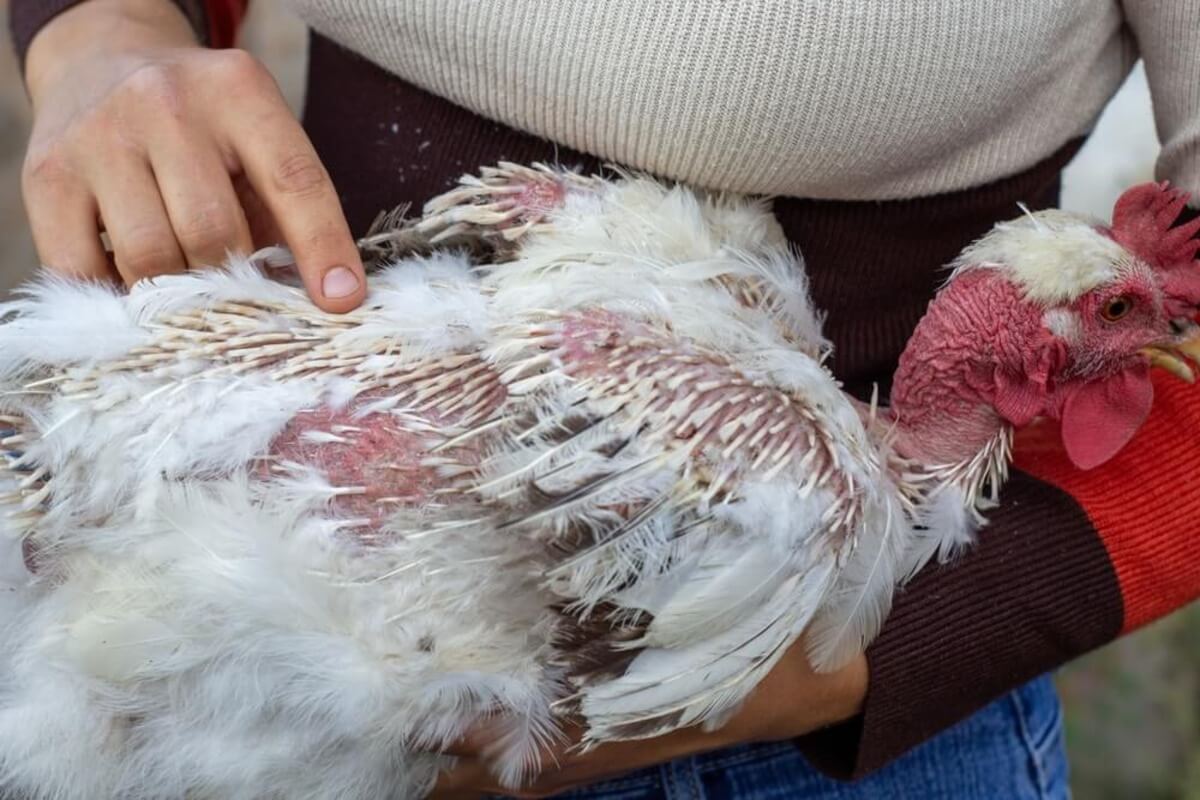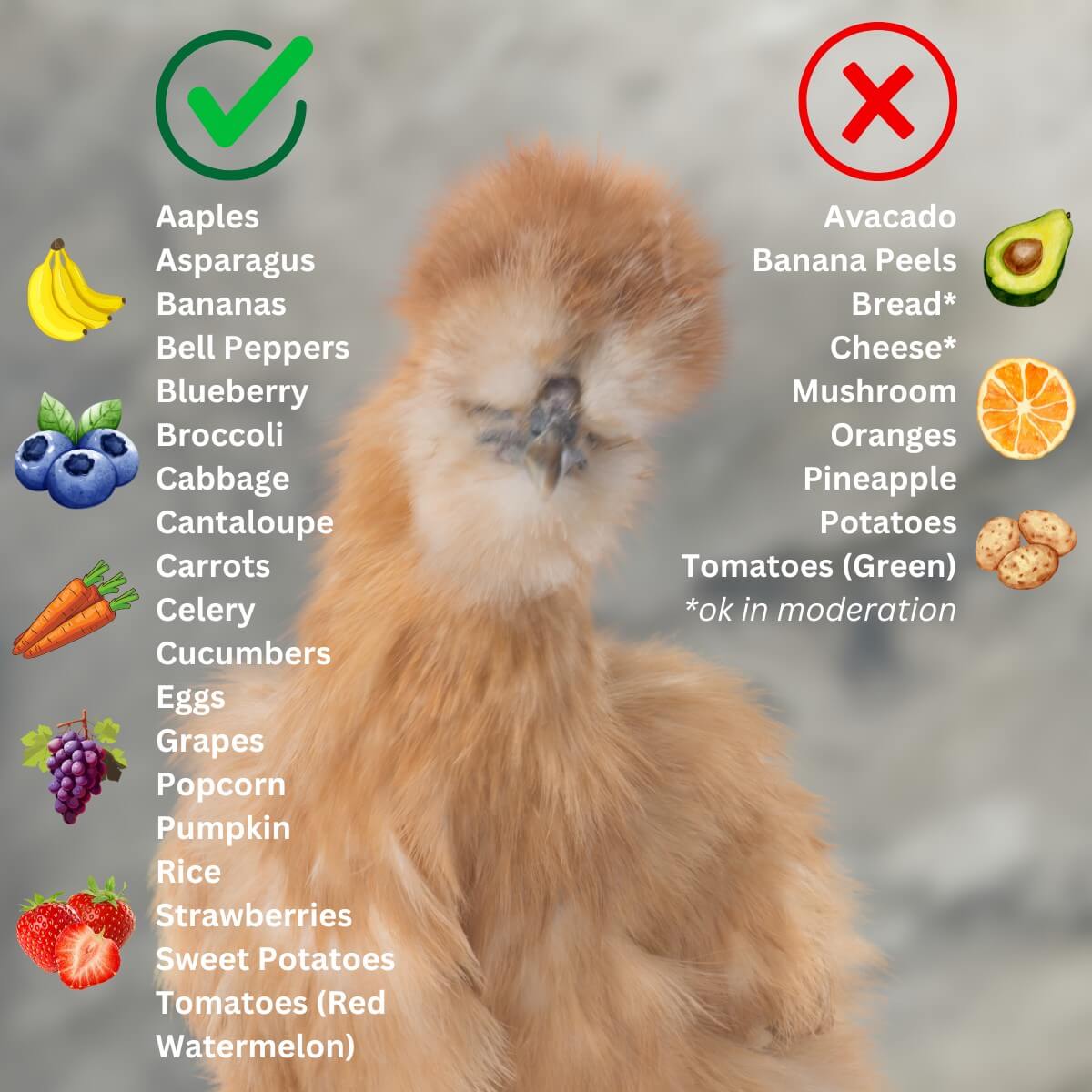Table of Contents
- Why Chicken Poop Management Matters
- Understanding Chicken Poop: Types, Colors, and What They Mean
- The Health Implications of Poor Chicken Poop Management
- Best Practices for Managing Chicken Coop Hygiene
- Tips for Safe and Effective Chickens Poop Cleanup
- Utilizing Chicken Manure as Fertilizer in Your Garden
- Why Proper Chickens Poop Management is the Heart of a Healthy Flock
Everything You Need to Know About Chicken Poop (Yes, Really!)
Keeping backyard chickens comes with plenty of rewards—fresh eggs, endless entertainment, and a sense of accomplishment. But, let's be honest, it also comes with some challenges. Chief among them? Chicken poop. Managing chicken poop effectively is one of the most important aspects of raising healthy, happy chickens. Here's why it matters, how to do it right, and even how to use it to your advantage (yes, really!).
Whether you're a seasoned backyard chicken owner or new to raising a flock, let us guide you into chickens poop management nirvana. We'll get into everything from identifying health issues to turning waste into garden fertilizer.
Why Chicken Poop Management Matters
Chickens poop might not be a glamorous topic, but it's vital for maintaining the health of your flock and the cleanliness of your coop. Consider this:
- A single chicken can produce up to 1 cubic foot of manure every 6 months. Multiply that by multiple chickens, and you’ve got a full-time poop management job! I know you're excited.....
- Poor coop hygiene can lead to illnesses, infestations, and unhappy chickens. Plus, an unclean coop can turn into a stinky nightmare for you and your neighbors.
Proper chickens poop management benefits both your flock and your environment. With the right approach, you can turn this seemingly messy problem into a sustainable solution. Keep reading to learn how!
Understanding Chicken Poop: Types, Colors, and What They Mean
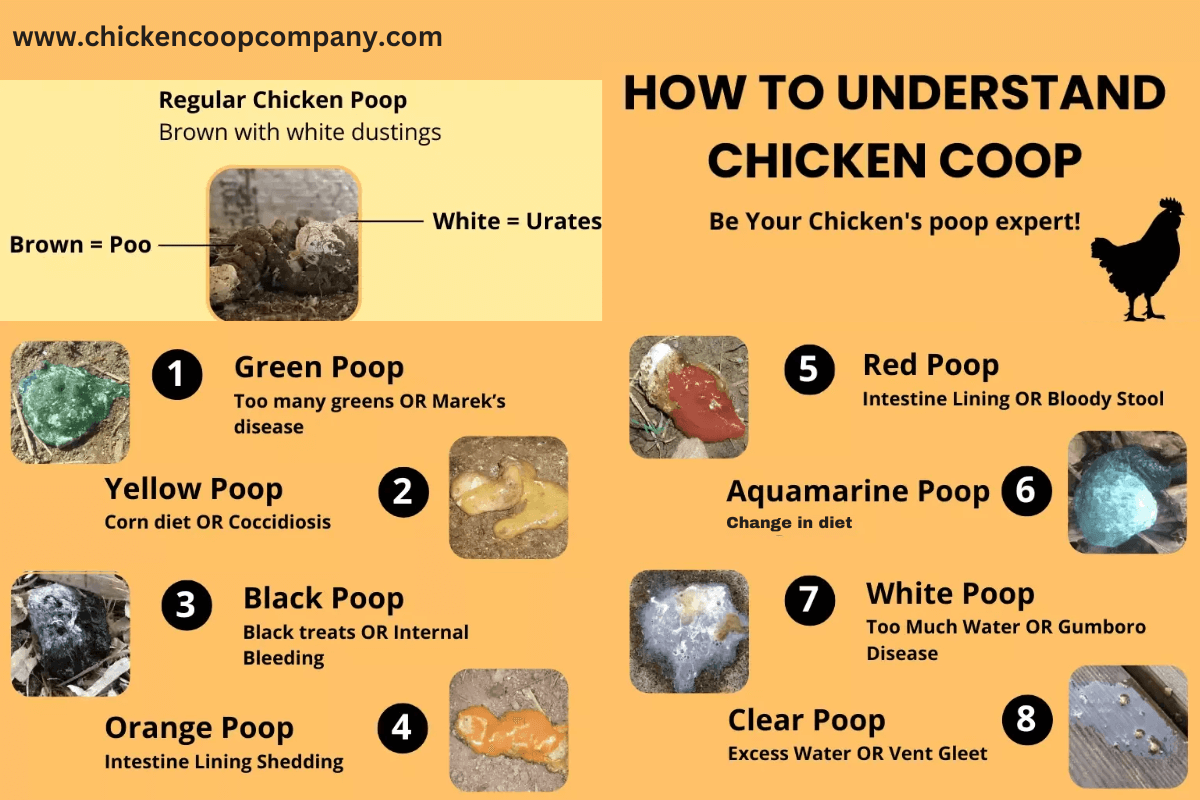
Believe it or not, chicken poop can tell you a lot about your birds' health. Learning to recognize normal and abnormal droppings is a skill every chicken owner should develop. Here’s a quick guide:
Types of Chickens Poop:
- Normal Poop
- Firm but soft, typically brown with a white cap (urates).
- Appearance varies slightly based on diet.
- Cecal Poop
- Loose, pudding-like, and often dark brown or black.
- Produced less frequently, as it's a natural part of digestion.
- Watery Poop
- Could indicate heat stress, high water intake, or occasionally an internal issue.
- Abnormal Poop
- Bloody or red streaks may point to coccidiosis (a serious parasitic condition).
- Bright green may be due to diet or illness.
- Yellow frothy poop could indicate worms or bacterial infections.
Paying attention to your flock's droppings during cleanup can help you identify health issues early.
The Health Implications of Poor Chicken Poop Management
Failing to properly manage chickens poop can lead to several problems, including:
- Ammonia Buildup
A dirty coop produces ammonia, which can irritate your chickens' respiratory systems and make them more vulnerable to diseases. Dusty bedding can contribute to this. You might consider pine shavings or hemp bedding. If you use hemp just make sure you get a variety that has minimal dust.
- Parasites and Bacteria
Droppings left unattended are breeding grounds for harmful parasites like mites and lice, along with bacteria like Salmonella.
- Illness in Humans
Poor hygiene doesn't just affect your flock—it can lead to diseases (such as salmonellosis) that spread from chickens to humans.
By staying on top of chicken poop management, you'll keep your birds healthy and your family safe.
Best Practices for Managing Chicken Coop Hygiene
Maintain a clean coop with these effective strategies:
- Implement a Regular Cleaning Routine
- Remove droppings daily or every few days.
- Change bedding at least once every 1-2 months.
- Invest in Coop Upgrades
- Use droppings trays under roosts for simple cleanup, like the ones integrated into Chicken Coop Company Coops.
- Add ventilation to reduce moisture and ammonia.
- Use the Deep Litter Method
- Allow bedding to compost naturally by layering fresh material on top of droppings.
- Turn the bedding occasionally and replace it every 6-12 months.
Learn more in this guide on the Deep Litter Method of Winter Chicken Coop Maintenance.
- Keep Feeders and Waterers Elevated
- This minimizes contamination from poop and prevents diseases.
Tips for Safe and Effective Chickens Poop Cleanup
Cleaning up after your flock doesn’t have to be a dreaded chore. Here are some pro tips:
- Use the Right Tools: Invest in a quality scraper, shovel, and gloves for efficient cleaning.
- Wear Protective Gear: Always use gloves and, if possible, a mask or respirator to avoid exposure to dust and ammonia.
- Dispose Responsibly: Compost droppings or add them to your garden to minimize waste. Avoid dumping them directly in non-composted soil.
Utilizing Chicken Manure as Fertilizer in Your Garden
Did you know that chicken poop is often called “black gold” by gardeners? That’s because it’s one of the best natural fertilizers available—rich in nitrogen, potassium, and phosphorus. Here are some tips for turning waste into garden treasure:
How to Use Chicken Poop as Fertilizer:
- Compost It First
- Raw manure can "burn" plants due to its high nitrogen content. Composting balances nutrients and breaks down harmful bacteria.
- Mix with Yard Waste
- Include materials like straw, leaves, and grass trimmings in your compost pile.
- Use It Sparingly
- Once composted, use chicken manure to fertilize vegetables, flowers, and fruit trees. A little goes a long way!
Pro Tip: Test your soil before applying chicken manure to make sure you’re adding the right amount of nutrients. You can get a soil test online or usually from your local garden store or university system near you.
FAQ
Q1. How often should I clean my chicken coop?
A1. Ideally, you should spot-clean droppings every day or every few days. Full cleanouts (changing bedding, scrubbing surfaces) can be done every 1-2 months, depending on your flock size.
Q2. How long does chicken poop last in soil?
A2. After 90 days, your chicken manure should be turned into rich compost that you can use in your garden! If you don't have the time to put into hot composting, just let the compost pile rest to allow the materials to decompose naturally into compost.
Q3. Is chicken poop dangerous for humans?
A3. If handled improperly, chicken poop can spread diseases like salmonella. Always wash your hands after cleaning and use protective gear when needed.
Q4. Can I compost chicken poop directly?
A4. Not directly—fresh poop is too concentrated. Always compost it first to make it safe and effective for use in gardens.
Q5. Is chicken poop good compost?
A5. Chicken manure is great compost for vegetable gardens and completely safe to use. I use it to super heat my compost pile a few times a year. But because it is so rich in nitrogen, it can stay hot for a long time.
Why Proper Chickens Poop Management is the Heart of a Healthy Flock
Dealing with chicken poop may not be the most glamorous part of raising backyard chickens, but it's absolutely essential for the health and happiness of your flock—not to mention your garden! By using the tips and practices outlined above, you'll not only maintain a clean, odor-free coop but also unlock sustainable benefits like creating your own fertilizer.
Want to keep learning how to care for your feathery friends? Explore more of our resources and FAQs to become an expert backyard chicken keeper. Clean coop, happy chickens, thriving flock—start today!



